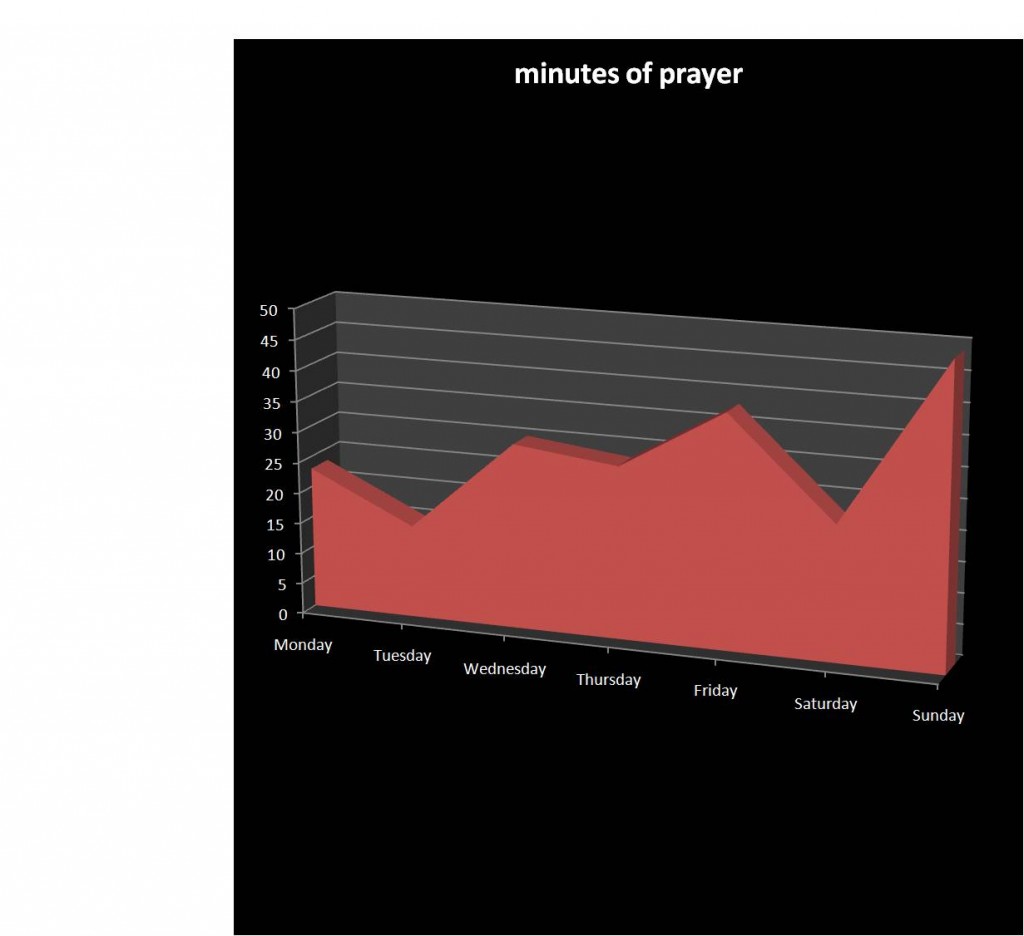
“There have been men before now who got so interested in proving the existence of God that they came to care nothing for God Himself … as if the good Lord had nothing to do but exist! There have been some who were so occupied in spreading Christianity that they never gave a thought to Christ. Man! Ye see it in small matters. Did ye never know a lover of books that with all his first editions and signed copies has lost the power to read them? Or an organiser of charities that had lost all love for the poor? It is the subtlest of all the snares.”
CS Lewis. The Great Divorce.
We live in an age of knowledge and of great power, and the individual citizen today can do things that the most powerful of heads of state could only dream of fifty years ago. This power brings with it opportunities unimagined, but also a raft of new temptations, or rather old temptations adapted to new situations (is there ever anything new under the sun?)
Today, I can sit in my living room and order a rare book from London or read a paper written by a scholar in Zurich at the click of a button. I have access to a marketplace of ideas that is so huge its very size smothers me if I stop to think about it. For the curious mind, this is intoxicating! How easy to lose oneself in an ocean of stimulating knowledge and new ideas! How wonderful to acquire new understanding, to see old things in new ways, to penetrate the depths of ignorance and shine the light of comprehension upon their previously dark treasures!
Apologetics is a marvellous revelation for those whose mind is so inclined. We drink the heady mead of rationality and find that the logic of this world points to its Creator! How wonderful! How sweet! And yet, apologetics is only medicine for the doubting soul; and no one can live on medicine alone. One needs heavenly bread and living water. Apologetics points the way, it heals the wounds of confusion, but then it is time for the daily bread of communion with the existent to carry out the process of nourishment.
Service in the house of the Lord is honourable and fulfilling. It provides the servant with a deep sense of belonging and achievement, whatever the nature of that service may be. I am doing something good for the Lord! Yet it is so easy for that “for the Lord” to turn quietly into “for me”. The very satisfaction and fulfillment one derives from service can become in itself an end, usurping its proper role as a means for the crucifixion of the ego and the losing of the self in the ocean of love that is God. And soon, God Himself is forgotten.
Intoxication is a dangerous thing. Continue reading “A Subtle Snare”








